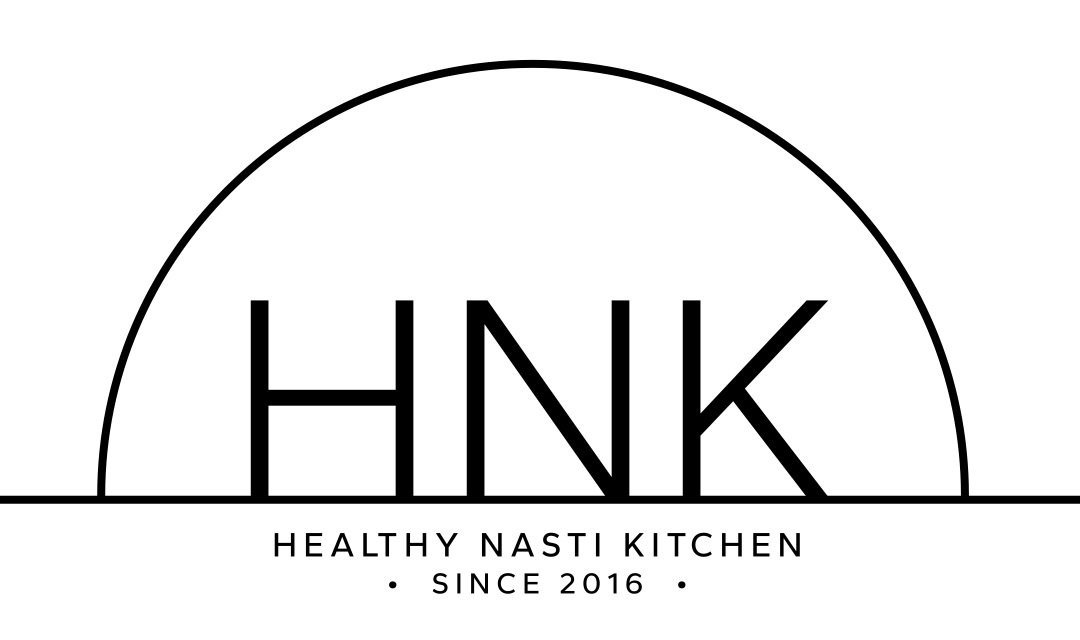Baking the Truth: Unraveling Sourdough's Role in Gluten Intolerance
Introduction
Gluten intolerance and allergies have become increasingly prevalent in recent years, perplexing both scientists and health enthusiasts alike. A curious correlation has emerged between the reduction of sourdough bakeries worldwide and the surge in gluten-related sensitivities. In this article, we delve into the fascinating realm of gluten intolerance, exploring the potential role that sourdough bread, or rather its absence, may play in this intricate web of dietary woes. Brace yourself for an enlightening journey as we unravel the secrets hidden within our beloved loaves!
1. The Gluten Enigma:
Gluten is a composite of proteins found in wheat, barley, rye, and related grains. While it has been a staple in human diets for centuries, the sudden rise in gluten intolerance has left scientists searching for answers. It is estimated that approximately 1% of the global population now suffers from celiac disease, an autoimmune disorder triggered by gluten ingestion.
2. The Sourdough Revolution:
Sourdough bread, created through a long fermentation process using wild yeasts and lactobacilli bacteria, was once a common method of bread-making. Its fermentation breaks down gluten proteins, making it more digestible. However, with the advent of mass-produced bread and faster baking techniques, traditional sourdough bakeries have become rare, leading to a shift in the bread landscape.
3. The Gut Microbiome Connection:
Emerging scientific evidence suggests that the gut microbiome plays a crucial role in gluten digestion and tolerance. Lactobacilli bacteria found in sourdough bread help to foster a healthy gut microbiome, potentially aiding in the breakdown of gluten proteins. The reduction of sourdough bakeries may have disrupted this delicate balance, contributing to the rise in gluten intolerance.
4. The Hygiene Hypothesis:
The hygiene hypothesis proposes that a lack of exposure to certain microbes during childhood may increase the risk of developing allergies and intolerances. In the case of gluten, the reduced consumption of sourdough bread, which contains beneficial bacteria, could deprive our immune systems of crucial exposure to potential gluten-digesting microbes, thereby increasing the likelihood of intolerance.
5. Ancient Wheat Varieties and Nutritional Factors:
Modern wheat varieties, bred for high yield and disease resistance, differ from their ancient counterparts in terms of protein composition. Some researchers speculate that these modern wheat varieties, which are more prevalent in mass-produced bread, may be contributing to the rise in gluten intolerance. Sourdough bread made from ancient or heirloom wheat varieties could offer a healthier alternative, as they often possess lower gluten levels.
6. The Fermentation Advantage:
Sourdough fermentation is not limited to breaking down gluten; it also enhances the bioavailability of nutrients. Studies have shown that fermentation can increase the levels of vitamins, minerals, and antioxidants, making nutrients more easily absorbed by the body. By reducing sourdough bakeries, we may inadvertently be diminishing our access to these health benefits, which could affect overall gut health and gluten tolerance.
7. The Quest for Solutions:
As we unravel the potential connection between the decline of sourdough bakeries and the rise of gluten intolerances, it becomes clear that restoring the balance is essential. Promoting the revival of artisanal bakeries specializing in traditional sourdough techniques, educating individuals about the benefits of sourdough fermentation, and supporting research into ancient wheat varieties are steps we can take towards a healthier future.
Conclusion:
While the correlation between the reduction of sourdough bakeries and the increase in gluten intolerance is a complex puzzle, scientific evidence suggests that sourdough bread may have played a significant role in fostering gluten tolerance. As we strive to understand and address the growing gluten-related health concerns
, embracing the art of sourdough baking and rediscovering the traditions of our ancestors may be the key to unlocking the mysteries of gluten intolerance and paving the way for a healthier, happier future.
Note: This article is intended for informative purposes only and should not replace professional medical advice. If you suspect you have a gluten-related health issue, consult with a qualified healthcare professional.





